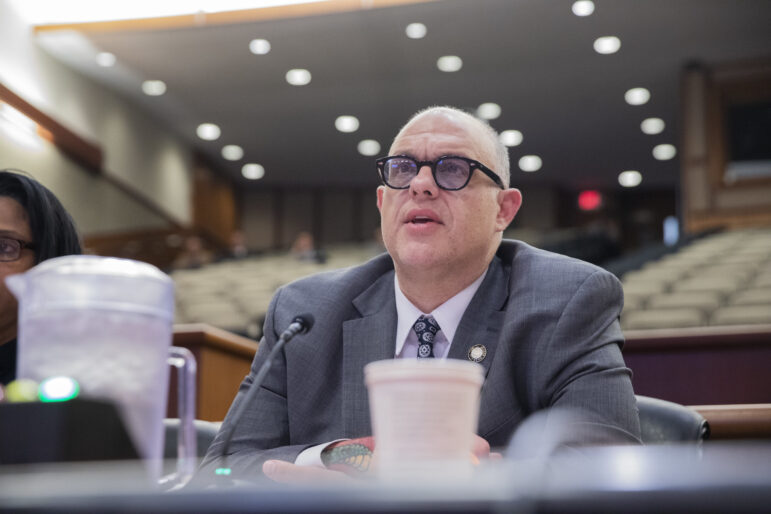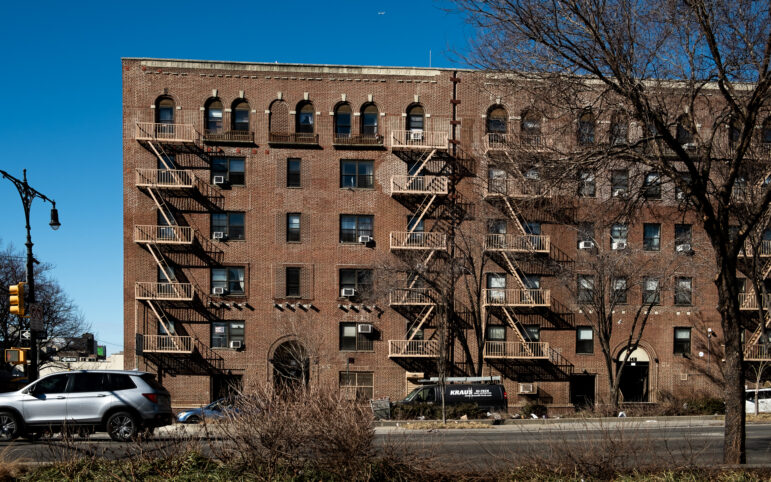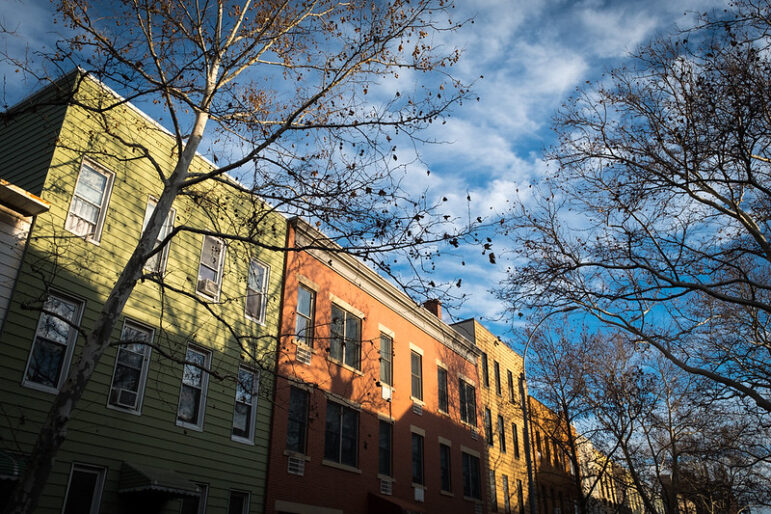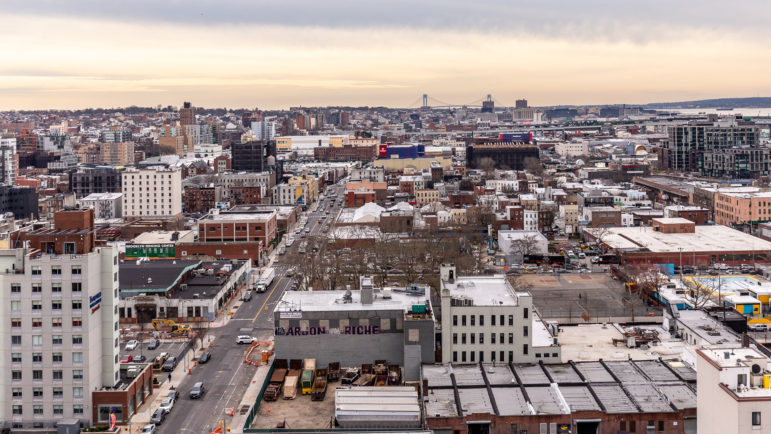Budget watchers have long complained that there are only two thriving industries upstate: jails and mental institutions, both of which survive off the largesse of state cash. A new report to be released today from City Project shows exactly who benefits–and who loses–in the process. Essentially, the criminal justice system in New York State transfers people from New York City to rural upstate counties, with a lavish serving of government money to go along with them.
You might not want a jail in your back yard, but they are robust job-creation tools: City Project calculates that the state now spends more than $2 billion a year on corrections. Governor George Pataki is now proposing yet another new prison, at an estimated price tag of $180 million. Another jail slated to open this summer in Seneca County is projected to hire about 540 new employees.
As the report shows, it’s powerful Republicans who bring home this jailhouse bacon. Since 1982, every one of the state’s 38 new prisons was opened upstate. Nearly half of New York’s prisons are concentrated in the districts of just four Republican state Senators.
“It’s not a benign job development program,” pointed out study author Robert Gangi, head of the Correctional Association of New York and chair of the City Project. “It has perverse unintended consequences that do serious damage to communities of color.”
In fact, the city loses out twice. An astonishing 70 percent of the state’s 71,466-person prison population is from New York City, almost all of them are held in prisons located in Republican State Senate districts. Because the Census counts prisoners as residents of the counties they are held in, rather than the counties they hail from, the net effect is a 66,000-person population boost in upstate Republican districts.
It’s also a heavy burden to bear for New York City families, who must travel long distances or shoulder expensive long-distance phone calls in order to keep in touch. “It’s a very difficult trip,” said Sister Mary Nerney of the Incarcerated Mothers Program. “You start at midnight, you stand out in the rain or snow waiting for a one or two hour visit, and then get back on the bus and come home again. It places a tremendous burden on older relatives.”
Democratic Assemblymembers are also partly responsible for the situation–after all, they must agree to jail citing decisions. “It’s political wrangling,” admitted Assembly corrections committee chair Jeffrion Aubrey, a Queens Democrat. Adding that the report was a “helpful document,” he pointed out that neither the Assembly or the Senate had yet agreed to fund Pataki’s new jail.
For copies of the report, call City Project’s Caren Crawford at 965-1967 ext.1








